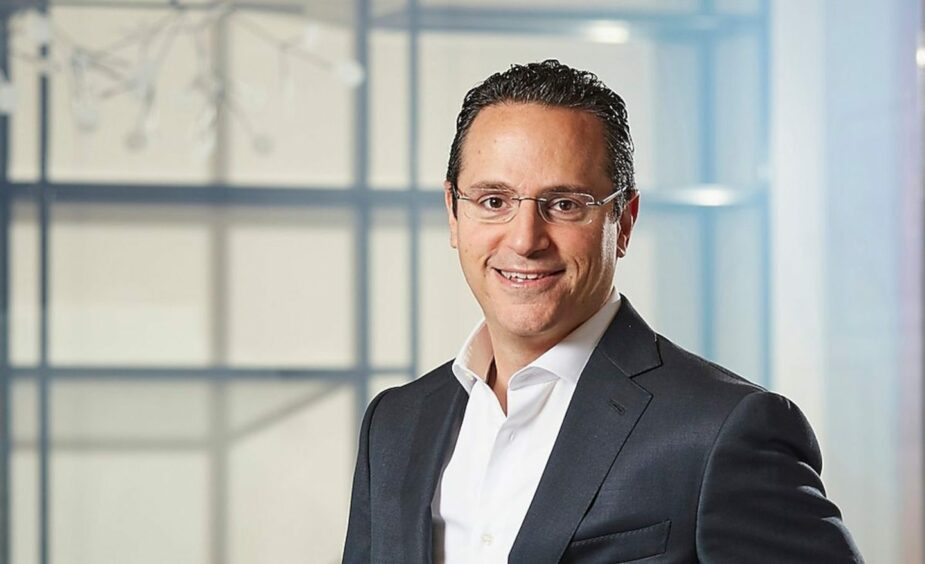
Shell’s new boss Wael Sawan said his team is working hard to earn investor trust in bid to help close what many see as a growing gulf in valuations between European and US oil majors.
On Thursday Shell (LON:SHEL) posted adjusted earnings of $9.6bn for the first quarter of 2023, bringing with it a further $4bn of share buybacks to be completed by the second quarter of the year.
Even in the face of lower commodity prices, its adjusted earnings also rose 5% on the profits of the same period last year.
Yet despite solid performance and strong investor rewards, Shell shares continue to trade at a discount compared with those of rival supermajors such as ExxonMobil (NYSE:XOM) and Chevron (NYSE:CVX).
As of midday Thursday Shell shares stood at £23.48 and a market cap of £160bn, while Exxon closed Wednesday at nearly $108 at $445bn, and Chevron at nearly $157 and $303bn.
Speaking to media in the wake of its results announcement, Shell CEO Wael Sawan said: “Firstly let me acknowledge we do see a significant undervaluation in the Shell share and we are working hard as a management team to be able to plug that gap.”
Mr Sawan, who took the helm at the group at the start of the year, said the company would continue to exert capital discipline in order to give shareholders the returns they expect, and explained why he would make the share price a priority.
“Why does the undervaluation concern me? Our shareholders, essentially our owners, have invested in this company and I think deserve to see a valuation that is commensurate with the capability and the cash flow delivery you have seen at this company over the last few quarters.
“That is what we focus on and I look forward to build that trust and confidence in our investor group in the new management team at Shell.”
EU vs US
The issue is not limited to Shell, with rivals BP (LON:BP) and TotalEnergies (PAR:TTE) also experiencing similar discounts to New York-listed rivals.
Michael Stiasny, head of UK equities at investment firm M&G, told Energy Voice earlier this year that this is “a Europe versus US effect” but something his firm sees as “particularly extreme in the UK.”
Others blame a difference in strategy, with European groups investing more heavily in renewables and energy transition projects, which typically offer lower returns.
Asked what confidence he could offer that Shell would be able to close the historic gap, Mr Sawan added: “Just a reminder that it was 2019 when Shell and Exxon were neck and neck from a valuation perspective, so it wasn’t that long ago.
“And of course what we have seen over the past three or four years is that gulf between US and Europeans grow.”
Despite the growing transatlantic “gulf”, he ruled out a move to another stock exchange to address the issue saying it was “not on my priority list at the moment” with the major having only completed its relocation from the Hague to London at the end of 2021.
Mr Sawan said he was instead focused on “unlock[ing] significant undervaluation through multiple levers which are directly under our control and we can quickly get at.”
He acknowledged that one issue may be his lack of a track record in heading the company, and said he recognised he and his team needed to earn the “trust” of investors.
“I hope that quarter after quarter we will earn the right to be able to see the valuation of Shell continue to improve,” he continued.
“We have a strategy that’s compelling and differentiated compared to many of our peers, compared to many of our peers, able to not only survive but thrive in today’s environment.”
Recommended for you
